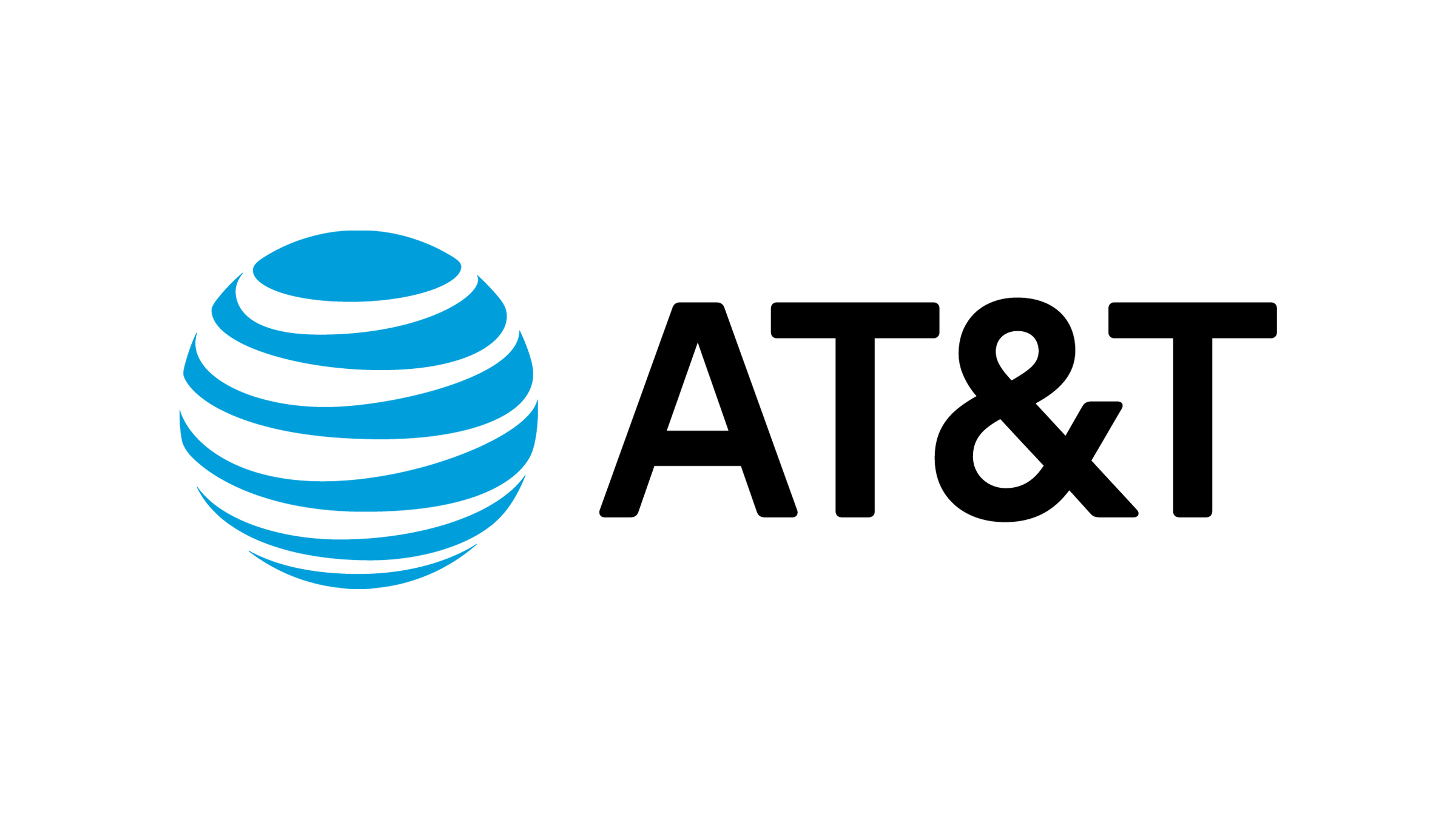AT&T Reports Higher Earnings Despite COVID-19 Disruptions
Ad revenue, TV subscribers lower

The smarter way to stay on top of broadcasting and cable industry. Sign up below
You are now subscribed
Your newsletter sign-up was successful
AT&T reported higher earnings in the first quarter, despite the effects of the coronavirus, which created higher costs and cut into earnings.
Net income rose 11.8% to $4.578 billion, or 63 cents a share, from $4.096 billion, or 56 cents a share a year ago.
Revenue was down 4.6% to $42.779 billion.
The company estimated that the pandemic cost the company $605 million in revenues, including lower ad revenue at WarnerMedia, and increased expenses by $433 million, including $54 million in production shutdown costs.
“The COVID pandemic had a 5 cents per share impact on our first quarter. Without it, the quarter was about what we expected — strong wireless numbers that covered the HBO Max investment, and produced stable EBITDA and EBITDA margins,” said CEO Randall Stephenson.
“We have a strong cash position, a strong balance sheet, and our core businesses are solid and continue to generate good free cash flow — even in today’s environment. In light of the pandemic’s economic impact, we’ve already adjusted our capital allocation plans and suspended all share retirements,” Stephenson said. “As a result, we’re able to continue investing in critical growth areas like 5G, broadband and HBO Max, while maintaining our dividend commitment and paying down debt.”
WarnerMedia operating income was down 24.3% to 1.7 billion, as revenues declined 12.2% to $7.4 billion.
The smarter way to stay on top of broadcasting and cable industry. Sign up below
Turner’s operating income was up 10.9% to 1.4 billion because of lower programming costs because of the cancellation of the NCAA Men’s Basketball Tournament and lower marketing costs. Revenue was down 8.2% to $3.2 billion. Subscription revenue was up, but ad revenues dropped because of the cancellation of March Madness, partially offset by higher news delivery.
HBO operating income was down 25.4% to $423 million as the company geared up for the launch of the HBO Max streaming service in May. Operating expenses were up 13.9%. Revenue was down 0.9% to $1.4 billion reflecting flat subscriptions revenue and a decrease in content and other revenue.
Warner Bros. operating income plunged 54.5% and revenue was down 7.9% to $3.2 billion. Theatrical revenues were down offset by higher TV revenues.
AT&T’s Entertainment Group’s operating income was down 9.7% to $1.3 billion as revenue fell 7.2% to $10.5 million. The company blamed declines in premium and over-the top TV subscribers and legacy services.
Video revenue was down 8.4% to $7.4 billion, while IP Broadband revenues were up 1.9% to $2.1 billion.
Premium TV subscribers--including DirecTV, U-verse and AT&T TV, were down by 897,000. AT&T Now lost 138,000 net subscribers.
Operating income at AT&T’s Xandr advanced advertising unit was up 18.2% to $299 million. Revenues rose 14.8% to $489 million, with demand strong for addressable advertising and higher CPMs across product offerings.
Jon has been business editor of Broadcasting+Cable since 2010. He focuses on revenue-generating activities, including advertising and distribution, as well as executive intrigue and merger and acquisition activity. Just about any story is fair game, if a dollar sign can make its way into the article. Before B+C, Jon covered the industry for TVWeek, Cable World, Electronic Media, Advertising Age and The New York Post. A native New Yorker, Jon is hiding in plain sight in the suburbs of Chicago.

